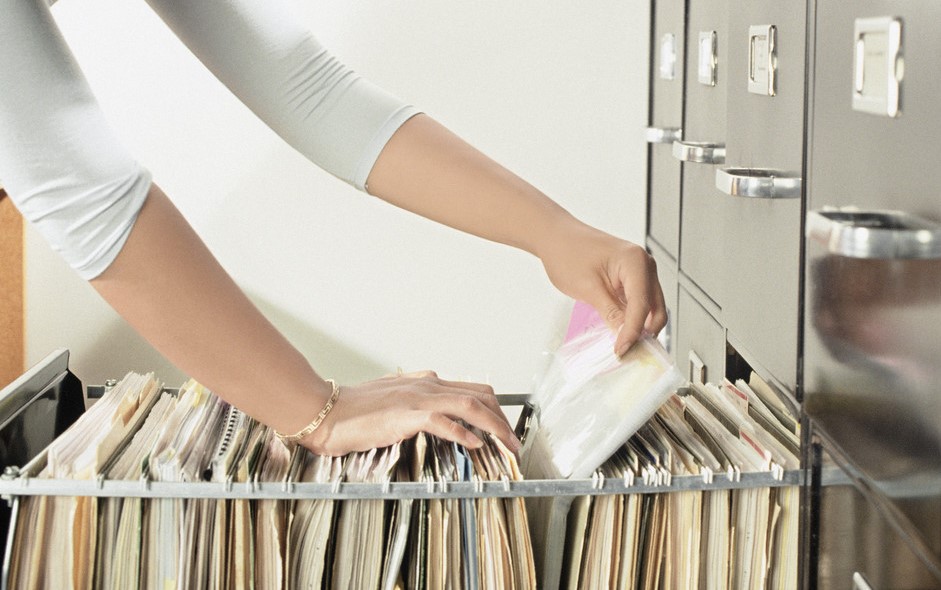In the era of going paperless, it’s easy to save your business’ financial statements, but how long must a company keep business records for?
Knowing the answer to this question will provide you with peace of mind so that you can focus on business growth. Understanding how to keep business tax records will not only improve upon your tax returns, but it will also help you build a stable financial environment for your business to base itself upon.
How long should I keep my documents for?
Business Tax Returns
This is probably the most important document to keep records on. You should be keeping every single business tax return for at least six years. If the government suspects that there is an error with your reporting, you’ll have to go back and run through everything with a fine-toothed comb.
Payroll Tax Records
Payroll tax records can include documents such as time sheets, pension payments, tax deposits, benefit plans and wages/tips. You should be keeping all of these for at least four years after their date of payment/the date that the taxes were registered.
Current Employee Files
Understanding how long you should keep tax returns is one thing, but this type of document is often overlooked. As a business owner, you should be keeping employee files for at least six years after the employee has left. If employees suffer from a work-related incident and decide to file a suit against your business, it’s advised to keep the records for up to 10 years after termination.
Applicant Information
Every single person that applies for a job at your business needs to have their paperwork held for at least three years. While this can be useful for your hiring department, it is also important to have this information on hand in the event that an applicant undergoes an external financial investigation.
Ownership Records
The records of ownership need to be constantly updated and archived. You need to keep business formation documents, annual meeting minutes, stock ledgers, property deeds and by-laws. These records need to be kept on a permanent basis, as ownership comes with important legal responsibilities.
Operational Documents
The documents that fall under this category include bank account statements, credit card statements, cheques that have been cancelled, cash receipts and even stubs from your cheque book. These documents should be kept for at least six years.
The Rule of Thumb
If in doubt about how long to keep your documents for, follow the general rule that most businesses abide by: keep original documents for at least six years. This is the general time frame that you need to be prepared for defending audits, as well as any lawsuits or claims that may come up in relation to the paperwork of a specific year.
This article is to be used as a guideline. An outsourced accounting service may suggest a different approach based on the needs of your business and the industry you operate in. Contact NuVest Management Services to learn more about how we can help outsource your accounting needs.





